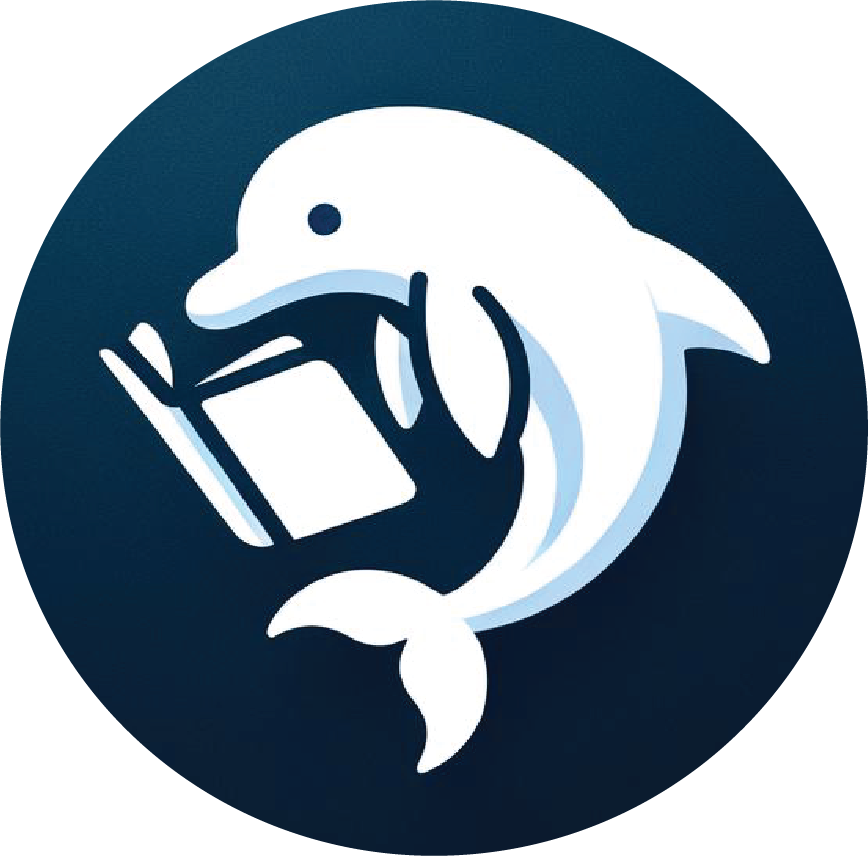Foundations First: Why Basic Literacy Still Matters in a Digital Age
In an era where AI tutors, immersive VR classrooms, and personalised learning apps are reshaping education, it’s easy to assume that basic literacy, the ability to read, write, and communicate effectively, has become a given. But for millions around the world, this fundamental skill remains out of reach. And even in developed nations, gaps in literacy persist, silently limiting opportunities and deepening inequality.
What is basic literacy, and why is it still so crucial?
Basic literacy isn’t just about reading books or writing essays. It’s about understanding a job application, following written instructions, reading a medication label, or helping a child with their homework. It’s the foundation of lifelong learning and full participation in society.
Without functional literacy
Economic opportunities shrink: many jobs require reading comprehension and written communication.
Health outcomes suffer: understanding prescriptions or health advice becomes a challenge.
Civic engagement declines: people are less likely to vote, advocate for themselves, or access public resources.
The hidden crisis: literacy gaps in unexpected places.
The rise of digital education - accelerated by the COVID-19 pandemic and powered by AI tutors, chatbots, and e-learning platforms - has reshaped how we engage with learning. But while access to tools has expanded, foundational literacy gaps remain stubbornly persistent.
Digital interfaces can mask literacy struggles. Autocorrect, voice input, and algorithm-curated content create the illusion of fluency. But beneath the surface, many still lack the skills to understand a news article, spot fake news, or fill out a form. And as education shifts further online, those without strong literacy foundations may find themselves more excluded than ever.
Literacy in the digital age: a new set of challenges
Today’s students are digital natives, but that doesn’t mean they’re literate in all the ways that matter. Scrolling through social media or watching videos doesn’t build the deep reading or critical thinking skills needed to analyse, reflect, and articulate ideas. Add to that:
shorter attention spans
information overload
algorithm-driven content bubbles
And suddenly, the ability to read deeply, think critically, and communicate clearly becomes more important than ever.
Building literacy, one story at a time
So how do we improve basic literacy in a modern context?
Start early. Early childhood education remains the most powerful tool for laying a strong foundation.
Use stories. Narratives engage, inspire, and build vocabulary in ways that worksheets never can.
Blend old and new. Combine phonics and print with apps, audiobooks, and interactive tools.
Focus on purpose. Make literacy meaningful - reading for joy, for knowledge, for connection.
A call to action: literacy is a right, not a privilege
If we want a more equitable, informed, and empowered society, we must invest in literacy - not just as an academic skill, but as a human right. That means:
Supporting adult literacy programs
Making reading materials accessible and diverse
Training teachers to recognise and respond to literacy gaps
Advocating for policies that prioritise foundational learning.
The first step toward everything else
Literacy is not just one skill among many - it’s the gateway to all others. In the quest to innovate and modernise education, let’s not forget the power of the written word. Because no matter how advanced our tools become, the ability to read and write remains the most powerful tool of all.
